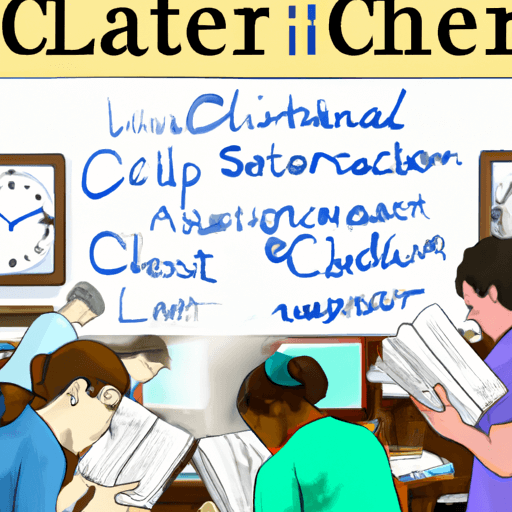Standardized Testing in Education: A Closer Examination
In the dynamic domain of education, standardized testing continues to be a complex and contentious issue. This article aims to shed light on various aspects of standardized testing and its implications on student learning, teacher evaluations, school performance, and beyond.
The Impact on Student Learning, Teacher Evaluation, and School Performance
Standardized testing can have significant impacts on student learning. Research shows that while these tests can provide a metric for measuring student performance and understanding, they may also cause undue stress and pressure. Similarly, the use of standardized tests for teacher evaluations has been critiqued. While they may identify teachers who are effective at teaching to the test, they may not accurately reflect a teacher's broader instructional skills. Furthermore, the performance of schools is frequently judged based on their students' standardized test scores, which may not capture the full scope of a school's quality and effectiveness.
Pros and Cons of Standardized Testing
The potential advantages of standardized testing include providing an objective measure of student competence and knowledge. For instance, SAT scores are widely used to compare prospective students during college admissions. However, critics of standardized testing point out a key disadvantage, that is, its tendency to promote teaching to the test, at the expense of deeper, more comprehensive learning experiences.
Ethical Implications and Fairness of Standard Testing
Standardized testing also poses some ethical questions. Are these tests a fair reflection of a student's abilities, considering the diverse backgrounds students come from? There is constant debate about whether these tests inadvertently favor certain demographic groups over others, thereby perpetuating socioeconomic and racial inequalities in education. The high-stress nature of these tests may also have unintended consequences for students' mental health.
Relevance in Today's Diverse and Dynamic Educational Landscape
In an increasingly diverse and changing educational environment, the relevancy and fairness of standardized testing continue to be disputed. Some argue that these tests may not align with the broader goals of education, such as fostering critical thinking and creativity.
New Approaches to Consider
Several alternative approaches have been proposed, such as student portfolios, educator evaluations, and school inspections. For instance, Finland's education system, consistently ranked among the top in the world, focuses less on standardized tests and more on comprehensive assessments and instructor feedback. These alternatives demonstrate that there are many possible approaches, beyond standardized testing, to assess and improve the quality of education.
In conclusion, while standardized testing is widely used in education, it is a complex and multifaceted issue. It is important to continue examining its impacts, considering its fairness and relevancy, and exploring potential alternatives or improvements to better serve all students.
















Comments
Leave a Comment